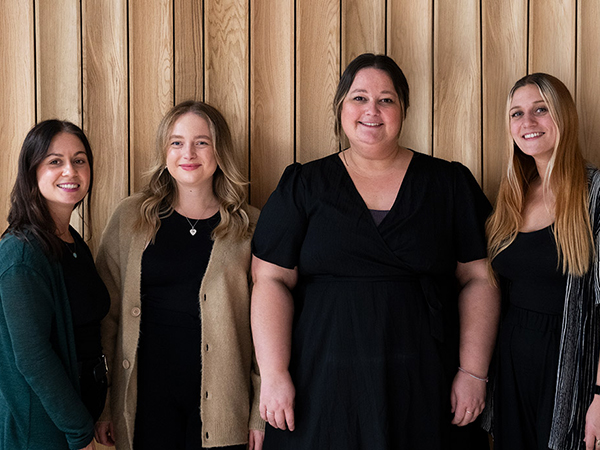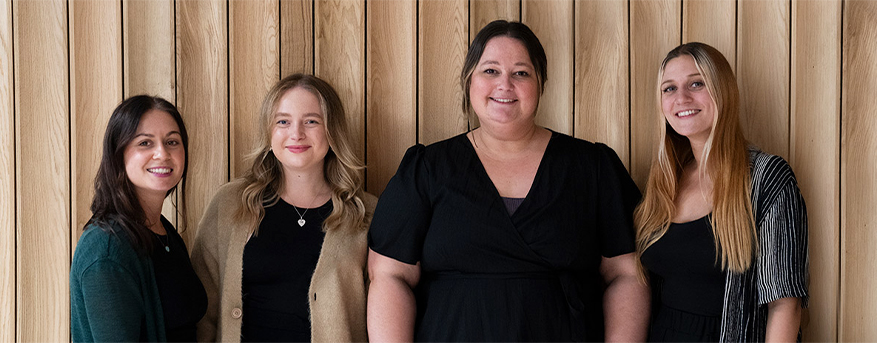Best time to visit South Africa

South Africa’s immense size plus its array of landscapes, attractions and climates mean it can be visited year round.![]()

The best time to visit South Africa is between July and December, although each season has its charm. May to September – the dry season – is the best time to visit South Africa for a safari, with cooler temperatures, thinning vegetation and wildlife clustering around waterholes. Summer sunseekers head for the south coast between December and March. October and November are the start of rainy season in South Africa, but draw photographers to the wildflower-carpeted Northern Cape, while July to December is the best time to see whales off the Western Cape.
When to visit South Africa, month by month guide
Self drive South Africa holiday
Explore Cape Town, the Winelands and the Garden Route
From
£3395
15 days
inc UK flights
South Africa safari holiday, 14 days
Award winning safari in South Africa
From
£4495
14 days
ex flights
Ten day wildlife safari, South Africa
10 day big game wildlife safaris in South Africa
From
£3700
10 days
ex flights
South Africa holiday, Cape Town to Kruger
Cape Town, Kruger and Victoria Falls
From
£3000
10 days
ex flights
Kwa Zulu Natal self drive holiday
Explore Kwa Zulu Natal: Rich in culture, history & scenery
From
£3450
15 days
ex flights
7 day big five safari in South Africa
7 Day Safari with wildlife conservationists
From
£2250
7 days
ex flights
Western Cape Weather Chart
MIN °C
MAX °C
RAIN (mm)
JAN
16
31
10
FEB
16
32
9
MAR
15
29
14
APR
13
26
34
MAY
11
22
53
JUN
8
18
75
JUL
8
18
69
AUG
8
19
60
SEP
9
21
35
OCT
11
25
18
NOV
13
27
19
DEC
15
29
12
Contact Us

Call us for a chat about our holidays. We are happy to discuss your holiday and help in any way we can. No bots, queues or awful hold music.
01273 823 700
Call us until 6pm
Calling from outside the UK

Responsible Travel recommends
Rupert Calcott, from our partner Exodus, is South African. He tells us about the best time to visit South Africa for wildlife viewing:
"The colder months of July through to September are our winter, but that’s a fantastic time to come out and do the game viewing. As the country gets drier there are fewer leaves on the trees and less grass available so the animals are concentrated at waterholes. There’s greater visibility; it’s a really good time for wildlife. April to June are also wonderful because it’s not too hot and there’s less chance of rain, but we get fewer travellers."
Our active pick:
#moonlightmass
See Cape Town in a different light – literally! Each full moon, hundreds of cyclists meet at Green Point and ride around the city by moonlight. As well as being an unusual way to discover the city, the event aims to raise awareness of safety for cyclists.
See Cape Town in a different light – literally! Each full moon, hundreds of cyclists meet at Green Point and ride around the city by moonlight. As well as being an unusual way to discover the city, the event aims to raise awareness of safety for cyclists.
Festivals & events
Sardine run
Sardines may not spring to mind when thinking of South African wildlife, but the annual sardine run is the marine equivalent of the Great Migration. 15km-long shoals swarm up the coast of the Eastern Cape and KwaZulu-Natal from May to July, creating a feeding frenzy among sharks, dolphins, whales and birds. Watch it from a boat – or try scuba diving to get closer to the action.
The Klein Karoo National
Arts Festival
Afrikaans culture is often overlooked – but it’s experiencing a revival. The Klein Karoo National Arts Festival takes place each March-April in Oudtshoorn, and includes exhibitions, music, food stalls and Afrikaans theatre.
The festival also supports many local community projects.
Kaapse Klopse!
Cape Town bursts into colour each 2nd January when thousands of Cape Coloured minstrels take to the streets in troops, singing in choirs, playing instruments and wearing vivid satin suits. The Kaapse Klopse festival dates back to the mid 1800s.











































